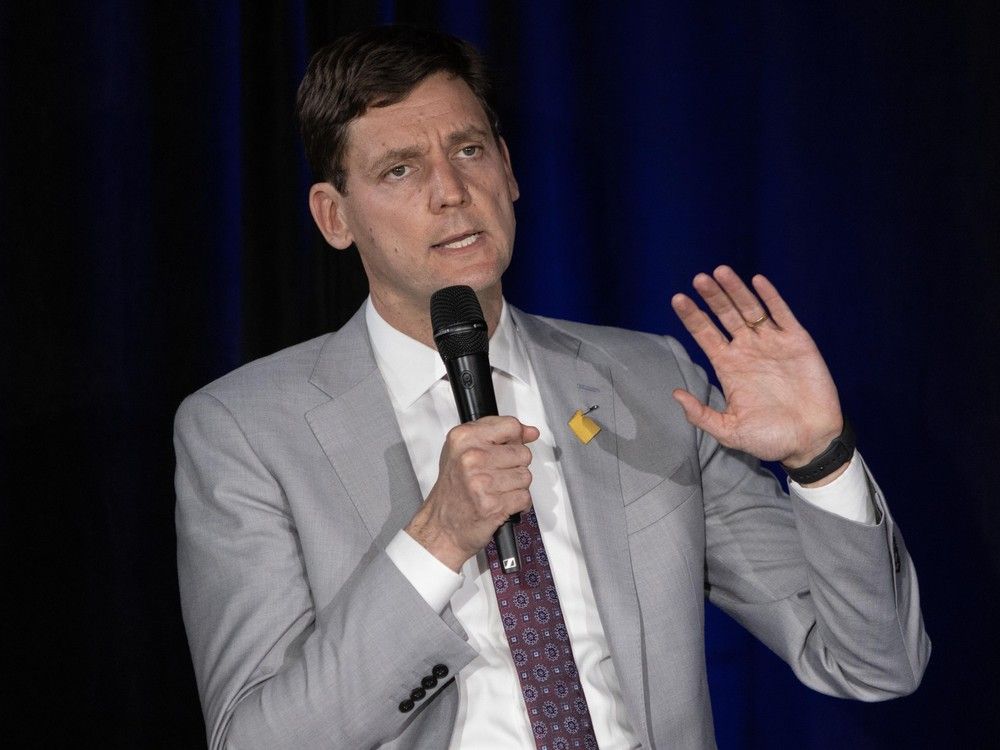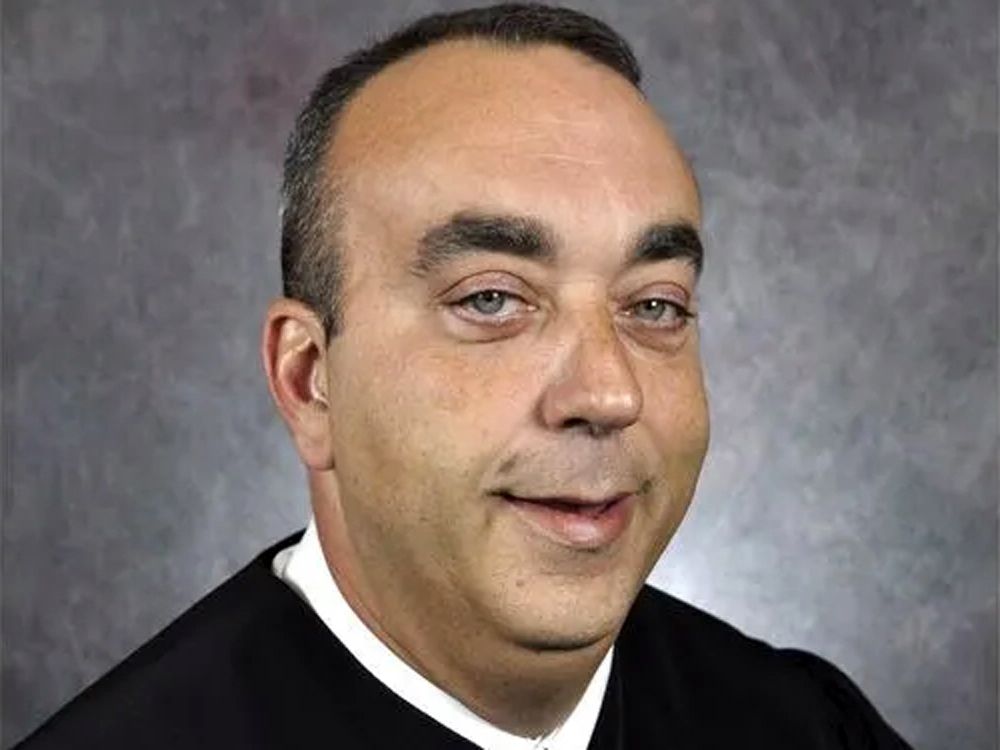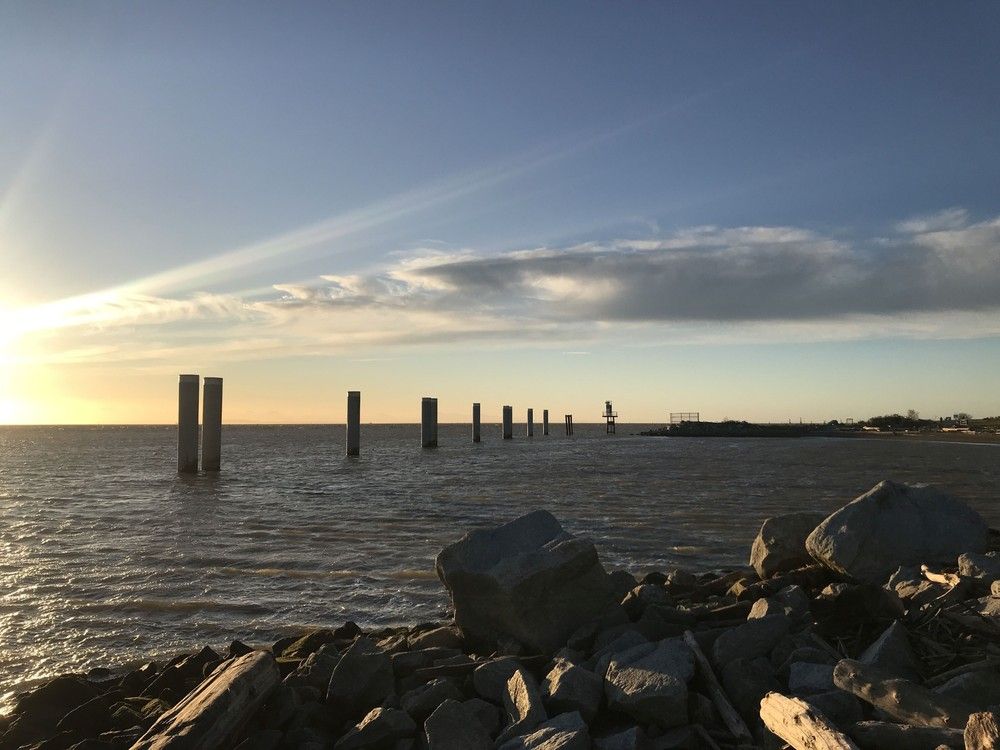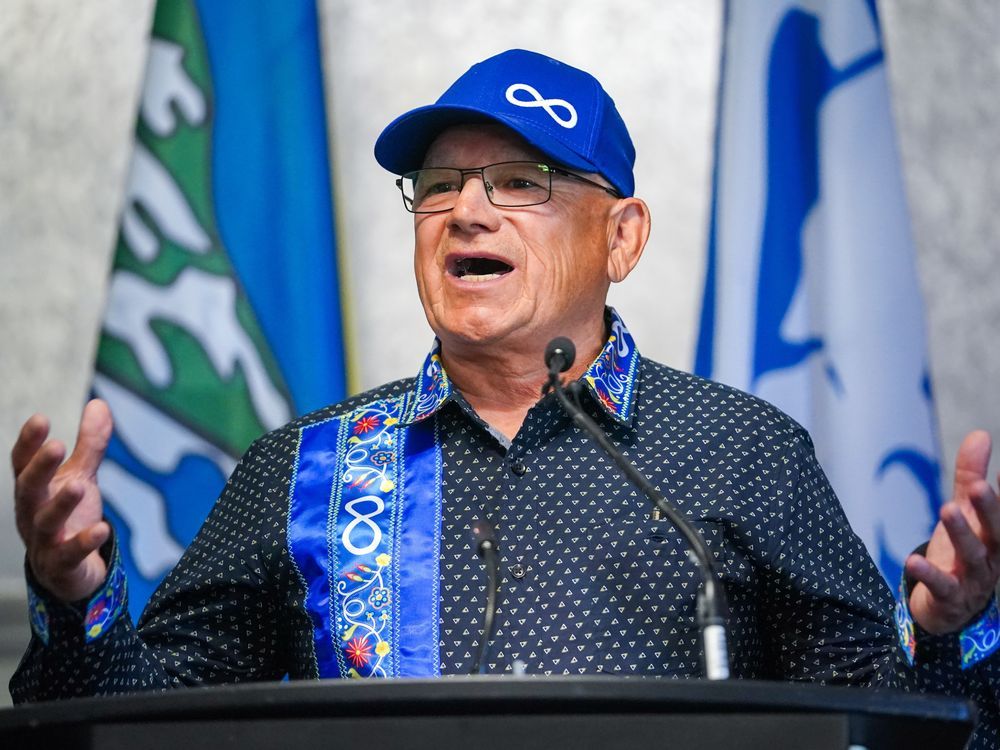As this week's events on the "left coast" have shown, the federal Conservative leader is rapidly changing the landscape in many provinces.
Published Aug 30, 2024 • 3 minute read

British Columbians know to prepare for earthquakes. But they never quite know when one will hit, nor how intense the impact will be.
The collapse in recent days of what was, for nearly 20 years, B.C.’s natural governing party, is a political earthquake of such magnitude, it has not only levelled the ground in the upcoming provincial election campaign but also realigned the west coast political scene into something much more familiar to people outside the province. And depending on how you feel about it all, one may thank — or curse — Pierre Poilievre.
Advertisement 2
THIS CONTENT IS RESERVED FOR SUBSCRIBERS ONLY
Subscribe now to read the latest news in your city and across Canada.
- Exclusive articles from Elizabeth Payne, David Pugliese, Andrew Duffy, Bruce Deachman and others. Plus, food reviews and event listings in the weekly newsletter, Ottawa, Out of Office.
- Unlimited online access to Ottawa Citizen and 15 news sites with one account.
- Ottawa Citizen ePaper, an electronic replica of the print edition to view on any device, share and comment on.
- Daily puzzles, including the New York Times Crossword.
- Support local journalism.
SUBSCRIBE TO UNLOCK MORE ARTICLES
Subscribe now to read the latest news in your city and across Canada.
- Exclusive articles from Elizabeth Payne, David Pugliese, Andrew Duffy, Bruce Deachman and others. Plus, food reviews and event listings in the weekly newsletter, Ottawa, Out of Office.
- Unlimited online access to Ottawa Citizen and 15 news sites with one account.
- Ottawa Citizen ePaper, an electronic replica of the print edition to view on any device, share and comment on.
- Daily puzzles, including the New York Times Crossword.
- Support local journalism.
REGISTER / SIGN IN TO UNLOCK MORE ARTICLES
Create an account or sign in to continue with your reading experience.
- Access articles from across Canada with one account.
- Share your thoughts and join the conversation in the comments.
- Enjoy additional articles per month.
- Get email updates from your favourite authors.
Sign In or Create an Account
or
Article content
For generations, B.C. provincial politics has marched very much to the beat of its own drum. The era of Social Credit government provided a home to traditional and economic right-wing voters until its collapse in the ’90s, replaced by the BC Liberals who were anything but Liberal in the federal political sense of the word. That party, which hasn’t governed since 2017, dumped two leaders, changed its name to “BC United,” watched its polling numbers plummet and finally suspended its campaign in recent days, leaving many of its candidates, volunteers, donors and voters without a political home.
So, the centre-right (for now) is dead in British Columbia. Its lunch was nibbled by the incumbent B.C. New Democrats on the centre left, and roundly munched on from the harder right by the B.C. Conservatives, a party that in the last election garnered less than two per cent of the popular vote. Nothing could more clearly demonstrate the power of branding.
Polling data shows us the federal Conservatives appear indestructible on the so-called “left coast,” sitting at the beginning of summer at a whopping 46 per cent of the potential vote. This surging federal tide has done three things: it’s turned the B.C. Conservatives, a hitherto fringe party, into the only voice for right-of-centre voters provincially. It’s given the B.C. NDP — whose majority re-election under Premier David Eby in the coming Oct. 19 election was, just one year ago, a sleepy foregone conclusion — reason to start running very scared. And it’s turned B.C. Conservative leader John Rustad, a largely unknown man whose spent the majority of his almost 20-year career in provincial politics on the back benches, into the most serious challenger to what has been a fairly smooth seven-year run for the New Democrats.
Advertisement 3
Article content
The B.C. NDP’s successes since 2017 are due in part to a political evolution: from the voice of the unionized working class in a province whose economy once depended entirely on resource extraction to a party that is today a comfortable home for urban voters and capitalists in the tech sector (though probably not their CEOs). Federal NDP leader Jagmeet Singh may be a B.C.-based MP, but he is not from the province, and his brand of politics does not drive the Eby government’s direction. Indeed, the NDP federally performs more poorly in voter intention than its provincial counterpart.
But as has been the case for incumbent governments across the country, regardless of region or political stripe, voters’ moods have soured as housing affordability, the cost of living, and lack of access to primary health care remain persistent problems. Eby’s personal approval has slid to 43 per cent when it used to sit at almost 50. One in three British Columbians say they’d “seriously” consider leaving the province over housing costs. A failed experiment decriminalizing the possession of hard drugs has been politically disastrous: crime and public safety now rate as a top concern for in the vote-rich suburbs.
Advertisement 4
Article content
Up to now, the B.C. NDP could count on a divided right as a path to victory. Presuming at least half of orphaned B.C. United voters migrate to the B.C. Conservatives, as they’ve said they’d do, the NDP’s journey looks much rockier. That said, the ballot question is much clearer. Are dissatisfied British Columbians so annoyed they’ll make a wholesale ideological trade?
The Phantom of the Ottawa, one Pierre Poilievre, has reshaped the provincial political landscape in B.C. But will he overhaul it completely? Check back in seven weeks.
Shachi Kurl is President of the Angus Reid Institute, a national, not-for-profit, non-partisan public opinion research foundation.
Recommended from Editorial
-

Kurl: Optimism for Kamala Harris aside, politics for women is more brutal than ever
-

Geoff Russ: BC United refused to enter the culture war, so it lost
Article content
.png)
 2 weeks ago
14
2 weeks ago
14

































 Bengali (BD) ·
Bengali (BD) ·  English (US) ·
English (US) ·